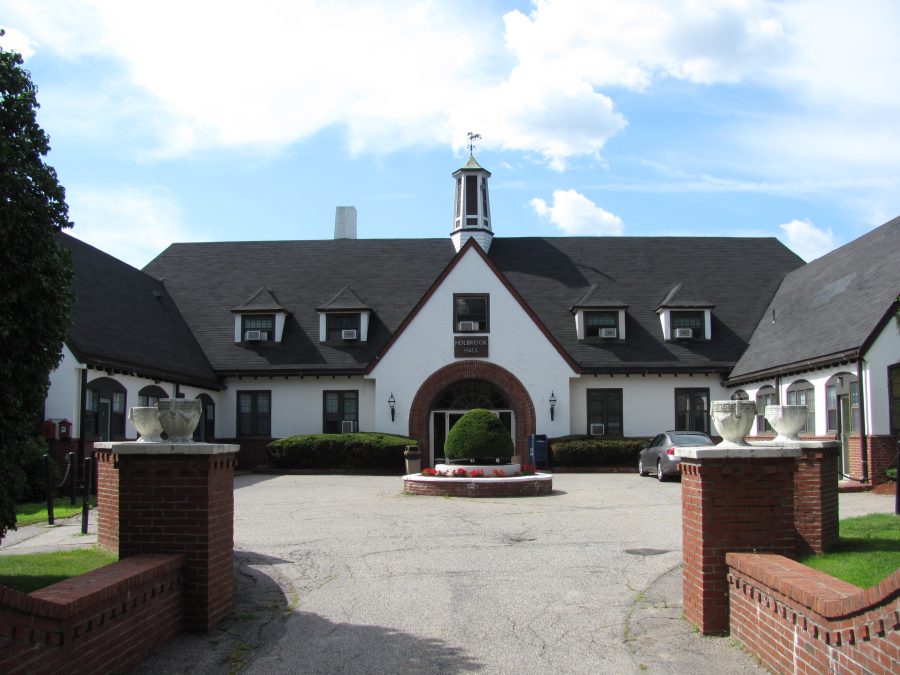Every Monday after a vacation or a holiday, in almost all of my classes the professor asks us: “So how were all of your breaks? Did anyone do anything fun?” The response always seems to be the same, annoyed students who look like they’ve only gotten five hours of sleep (because thats all most of us have), looking around to see if anyone was lucky enough to actually do something. But the responses or lack thereof are always the same: “I picked up a couple extra shifts at work,” or “I just worked and then sat at home because I don’t have any money.”
As a student who sits in class and usually had the same experiences as everyone else, I don’t feel upset, I don’t feel woe is me, just as I know the rest of my classmates don’t feel that way. I know the struggles that we face as full-time college students who work simultaneously to pay for our school will only make us more prepared for the future endeavors we dare to take on.
The only thing that this campus, its students, its staff, and its faculty demand is respect. Something that—to be frank—we are not getting.
The University of Massachusetts Boston is struggling right now—a fact that most of you know from just walking around the campus, whether it is from seeing the construction that seems to be never ending, walking past the tables manned by students and faculty speaking out against a parking increase, or missing the dozens of faculty and staff that we used to see on campus who are now gone. Most of this turmoil is from budget cuts aimed at reducing the debt crisis at UMass Boston. And as a $10 million deficit looms over the heads of UMass Boston students, Mount Ida College was just purchased by UMass Amherst, “the flagship UMass,” for an estimated $55 million.
UMass Boston has to consistently do more with less, while UMass Amherst deems its financially prudent to spend millions of dollars on a 75-acre campus. The tuition rates of UMass Amherst students are increasing by approximately 2.5 percent, burdening UMass Amherst students and their families to pay for these acquisitions. But UMass Boston is universally viewed as the mismanaged and financially irresponsible campus.
The UMass Boston campus always seems to be overlooked. “Marty Meehan says that he is fully committed to UMass Boston and growing this campus, but when our funding is tied to our admission rates, it a creates cyclical admissions and funding problem because students are put off by our lack of campus community, which is hard improve when we do not have the funding because of our lacking admissions,” said Kaitlyn Solares, student program coordinator of the Student Arts and Events Council.
The members of this campus community are the hardest working people I’ve ever come across, from the janitors picking up the slack of their coworkers who were laid off; the professors filling the roles of teachers, mentors, and now community activists; to the students who not only work and attend school, but now also have to fight against things like parking fee increases and their majors being taken away.
How is anyone supposed to work and learn in this kind of environment? The answer is they’re not. And instead of helping to address the problems facing the UMass Boston campus, the UMass Board of Trustees is more interested in providing the students of “the flagship” with a sprawling new campus so that they can compete for our jobs and our internships.
UMass Boston is the greatest engine for economic equality in the Greater Boston area, giving quality educations to minorities and low income students who in many cases would otherwise be unable to pay for a college degree. And instead of celebrating this fact and helping UMass Boston further its supposed “urban mission,” it seems that at every turn the President’s office, Board of Trustees, and the state seem to brush off our collective calls for equality and respect in favor of further promoting a school that consistently drains the resources of the other four campuses.

